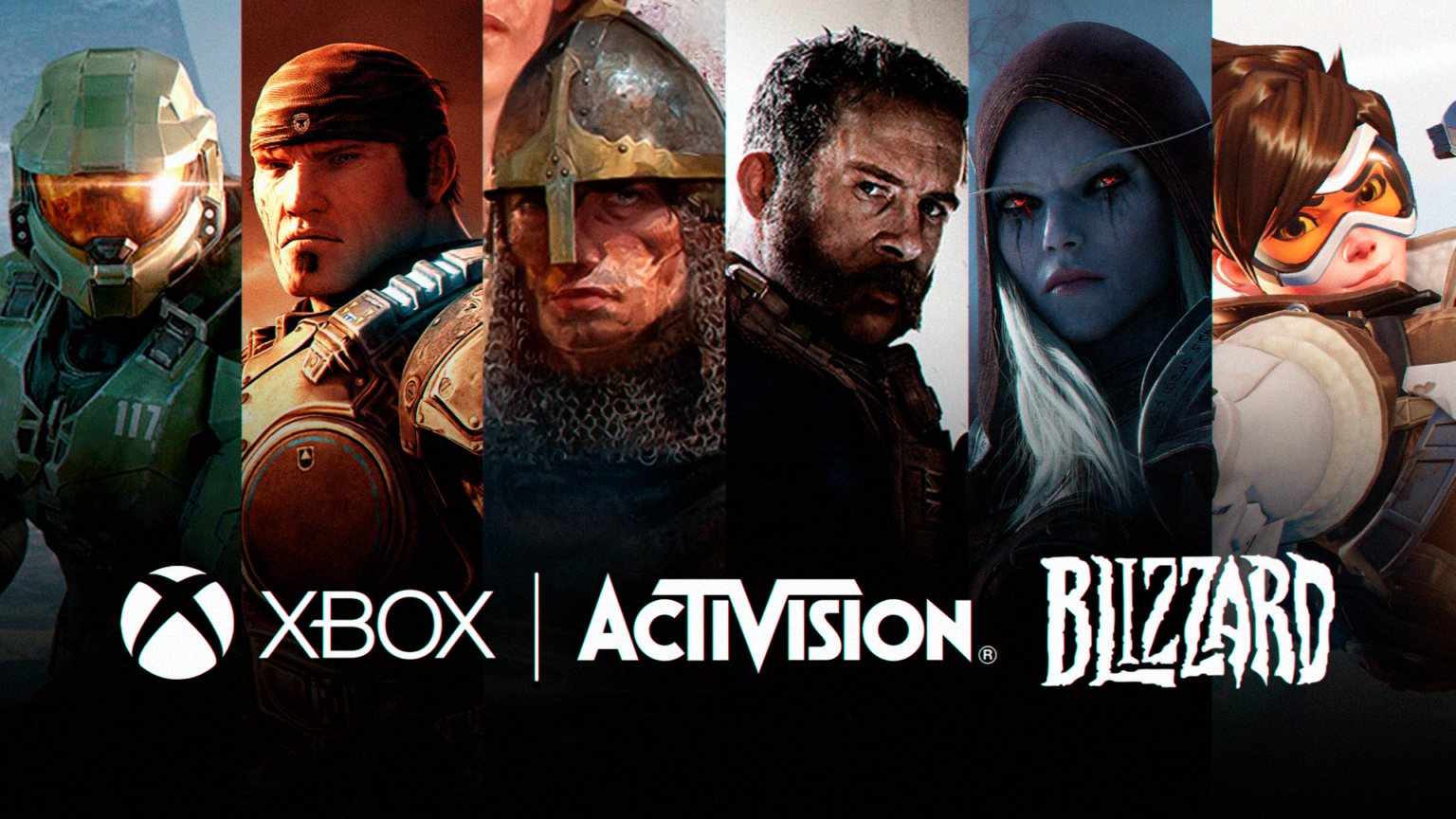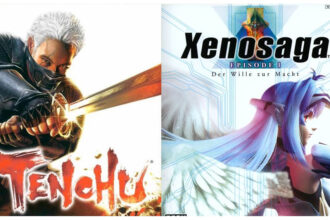If you’re out of the loop, let’s take a step back to January 18th, 2022. That was the day Microsoft announced its plans to acquire Activision Blizzard, for $68.7 billion. If the deal were to go through, it would be the biggest acquisition the video game industry has ever seen. However, there have been hurdles along the way. Regulators have raised valid concerns as to how the Microsoft’s Acquisition of Activision-Blizzard would impact the market as a whole.
We all know what the Console Wars are; ask most gamers and they’ll proudly tell you they support Xbox, PlayStation, or Nintendo. It’s been that way for two decades now, with console gamers segregating into dedicated communities based on their console of choice. Now generally, all three communities have been able to coexist in harmony. Of course, there’s been the occasional mudslinging, with members of one community criticizing the other. Still, competition between the three giants of the console market has usually remained friendly, even collaborative, at times. That is until recently. Now, things between Sony and Microsoft are starting to get ugly, and the rest of the industry is caught in the crossfire.
How Will the Microsoft’s Acquisition of Activision-Blizzard Impact the Industry?
Activision-Blizzard owns some of the most popular IP on the market; from Call of Duty to World of Warcraft, Overwatch, and even the mobile juggernaut, Candy Crush. Would owning these massively popular properties allow Microsoft to create a monopoly in the gaming market? That is the major question the FTC is trying to answer. To assuage these concerns, Microsoft has committed to continue bringing Call of Duty to other Sony and Nintendo platforms, for at least 10 years, should they acquire the franchise. Still, Sony seems unconvinced. Microsoft’s Phil Spencer has said; “It’s not our intent to pull communities away from that platform and we remained committed to that.”
Publicly, Sony has maintained the stance that the acquisition cannot be allowed to go through, as it would damage competitiveness in the industry. Jim Ryan, President and CEO of Sony Interactive Entertainment had this to say; “their [Microsoft’s] proposal was inadequate on many levels and failed to take account of the impact on our gamers. We want to guarantee PlayStation gamers continue to have the highest quality Call of Duty experience, and Microsoft’s proposal undermines this principle.”
Has Sony Been Lying All Along?
An unsealed e-mail from 2022 seems to contradict Jim Ryan’s reason for opposing Microsoft’s acquisition of Activision Blizzard. “It is not an exclusivity play at all. They’re thinking bigger than that and they have the cash to make moves like this. I’ve spent a fair amount of time with [Phil] Spencer and Bobby [Kotick] and I’m pretty sure we will continue to see Call of Duty on PlayStation for years to come.”
This revelation has left the gaming community wondering why Sony has maintained one position in front of regulators, while internally believing the very opposite. Has Sony been intentionally misleading regulators so they can maintain a market advantage over Microsoft? Or is there a less nefarious explanation here?
Recently, Sony has come under fire for certain comments made during the ongoing FTC hearing, suggesting that even if Microsoft were to continue bringing Call of Duty games to Sony platforms, they would be inferior to the Xbox version of the same game. Gamers and notable industry insiders have taken issue with such a baseless accusation, with Respawn Games’ Senior Combat Designer Patrick Wren saying on Twitter that no developer would ever intentionally release an inferior product.
Can Microsoft Be Trusted Keep Call of Duty Multi-Platform?
However, Sony isn’t the only company to come under fire following the FTC hearing. In a 2019 email to Microsoft CFO Tim Stuart, Head of Xbox Game Studios Matt Booty claimed; “We (Microsoft) are in a very unique position to be able to go spend Sony out of business.”
Once again, we have a major player in the gaming industry claiming one thing publicly, while saying the exact opposite internally. This interaction between Microsoft executives has left critics and regulators wondering if Microsoft can be trusted to follow through with its promises of bringing its IP to competing platforms.
How Will the Microsoft’s Acquisition Affect the Cloud Gaming Market?
Of course, we can’t ignore one of the most important factors in this entire situation; cloud gaming. To the average gamer today, cloud gaming might not seem all that important. Most people still prefer to play their games on centralized hardware, such as a dedicated gaming console, or a high-fidelity PC. However, the future of cloud gaming has been a significant talking point for industry insiders and regulators as of late.
In April of this year, UK regulators voted to block Microsoft’s Acquisition of Activision-Blizzard from going through, specifically, mentioning how the deal would impact the cloud gaming market as the deciding factor. The truth is, there may be some wisdom in this decision. The cloud gaming market hasn’t quite achieved mainstream success yet, but it is growing steadily, and industry insiders have pointed out that so far, Microsoft is the only major player in the market poised for success in cloud gaming, thanks to their GamePass subscription service, which gives all users access to “X-Cloud”, Microsoft’s dedicated cloud gaming platform. If Microsoft were to own Activision-Blizzard and all their popular IP, it would put them at an even greater advantage in the cloud gaming space.
During the FTC hearing, Jim Ryan discussed Sony’s plans for cloud gaming, and how the cloud gaming market as a whole is growing, he said; “Cloud technology will become a meaningful component of how gamers access games between 2025 and 2035.”
The Uncertain Future of The Gaming Industry
Finally, Jim Ryan reinforced his belief that Activision-Blizzard should stay an independent third-party developer because; of “The way that [Activision has] been able to organize themselves to release new games every single year, and the games are different, unique games. There is nothing like it in the industry.”
How do you feel about the ongoing situation between Sony and Microsoft? Has your trust in either company been tarnished? Do you believe that the acquisition of Activision-Blizzard should go through? Or would you prefer to see Activision-Blizzard remain third-party? The gaming industry could be on the verge of a major paradigm shift, but we’ll just have to wait and see what happens next.







